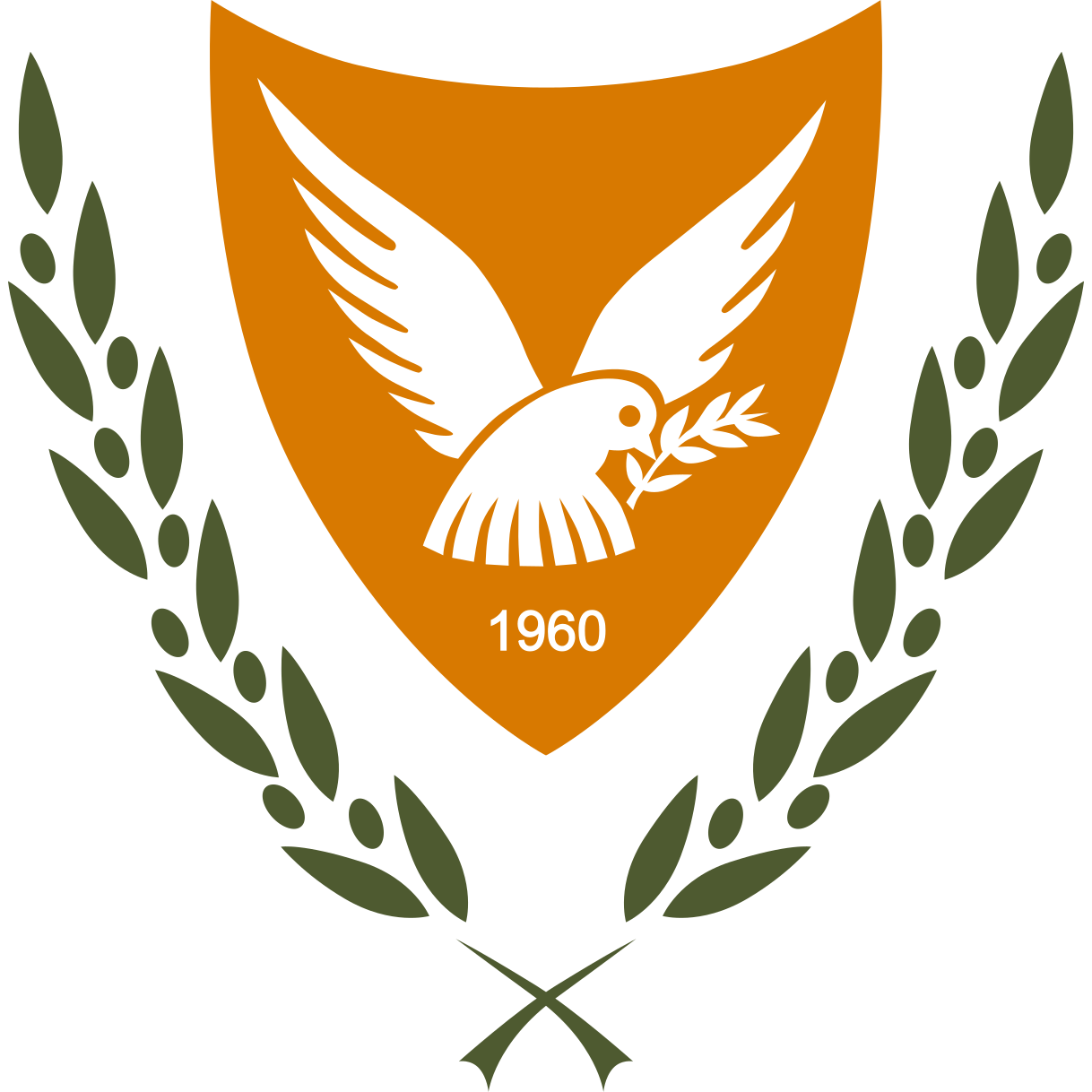

Animal Trainer / Carer
Professional Animal Trainer / Carer
General Information
A professional animal carer is a physical person who is by profession involved in any capacity to care of animals, including farriers.
A professional animal trainer is a physical person who is by profession dealing in any way with the training of animals.
In order to work as a professional animal trainer / carer in the Republic of Cyprus one needs to obtain a license from the Veterinary Services of the Ministry of Agriculture, Rural Development and Environment.
Application Submission
Who is Eligible
Any physical person may obtain a license as a professional animal carer if he/she:
- is at least 18 years old;
- is a Cypriot citizen or in case of a foreign citizen, he/she permanently lives in the Republic of Cyprus and possess all the required residence and employment permits;
- satisfies the Veterinary Services that he/she possesses all the required theoretical and practical knowledge regarding animal caring;
- has not been convicted at any time for any infringement of the legislation regarding the Protection and Welfare of Animals.
Any physical person may obtain a license as a professional animal trainer if he/she:
- is at least 18 years old. Jockeys of racehorses are eligible to obtain a professional trainer license after completing the age of 15;
- is a Cypriot citizen or in case of a foreign citizen, he/she permanently lives in the Republic of Cyprus and possess all the required residence and employment permits;
- satisfies the Veterinary Services that he/she possesses all the required theoretical and practical knowledge regarding animal training;
- has not been convicted at any time for any infringement of the legislation regarding the Protection and Welfare of Animals.
An applicant is considered to possess the required theoretical and practical knowledge if he/she:
- holds a diploma obtained by a local or foreign faculty or institution where the analytical transcript includes lessons regarding the training or caring of animals, or
- proves (with the attachment of a certificate or other document) that he/she has at least three years of experience which was gained by working full time in animal care (for animal carers) or at least five years of experience which was gained by working full time in animal training (for animal trainers). For animal trainers at least three years of experience must have been gained by working with a licensed professional animal trainer;
- in cases where the applicant does not hold a diploma, he/she must also have succeeded in an examination of knowledge and competency held at the Veterinary Services. The success in the examination is required for the issuance of a license for the first time as well as for the renewal of a license in case more animal categories are to be added in the license.
Where to Apply
The application for the issuance/renewal of a license for professional animal carer/animal trainer can be submitted either through the PSC Cyprus or you can contact directly the local District Veterinary Office or Rural Veterinary Station:
Veterinary Services
Ministry of Agriculture, Rural Development and Environment
1417 Nicosia
Tel: +357 22805249
Fax:+357 22805176
E-mail: director@vs.moa.gov.cy
Website: http://www.moa.gov.cy/moa/vs/
Which Certificates must be Submitted
The application form must be accompanied by the following documents:
- Copy of identity card or passport;
- Copy of a certificate or diploma obtained by a local or foreign faculty or institution or
- a document by the applicant’s employer, a licensed professional animal carer/trainer or the local authority certifying that the applicant has at least three years of full time working experience in animal care (applicable to animal carers only); or
- a document certifying at least five years of full time working experience in animal training with at least three years of experience gained by working with a licensed professional animal trainer (applicable to animal trainers only).
Unless the document is issued by a competent authority or body, the document must either be certified by a certifying officer or signed in the presence of the Veterinary Officer who will examine the application.
Furthermore, the Veterinary Services have the authority to require any other additional information deemed necessary.
- Furthermore, in cases where the applicant does not hold a diploma, he/she must succeed in an examination of knowledge and competency.
The examination can be oral, written or practical. Applicants for an animal carer license are examined by a two-member committee consisted of a Veterinary Officer and a licensed professional animal carer chosen by the Veterinary Officer. Applicants for an animal trainer license are examined by a three-member committee consisted by a Veterinary Officer, a representative of the relevant professional organization and a licensed professional animal trainer.
Fees Applicable & How to Pay
With the issuance/renewal of the license, the applicant must pay the following fees to the local District Veterinary Office or Rural Veterinary Station:
- €17,08 for the issuance or renewal of a professional animal carer license;
- €34,17 for the issuance or renewal of a professional animal trainer license.
Decision Notification
The applicant is informed regarding the licensing decision within 3 months from the date that the application form and supporting documents were duly submitted.
Licence Validity Period
The license is valid for five years.
Dispute with the Competent Authority's Decision
How to File an Administrative Action
Administrative Action Against a Competent Authority’s Decision
Any person may file an Administrative Action at the Administrative court against a decision, act or omission of any competent authority or body.
Pursuant to Article 146 of the Constitution, an Administrative Action may be lodged within 75 days from the date of the decision or act or omission or from the day when such decision or act or omission was notified to the applicant.
The Administrative Court acts as a cassation Court and not as a substantive Court. In other words, the Administrative Court may:
I. Dismiss the Administrative Action
II. Annul wholly or partially the contested decision or act
III. Compel the relevant authority or body to take a certain action
After a decision is annulled, the authority and/or public body must reverse things back to the state prior to when the concerned decision and/or act was executed and reexamine.
How to Appeal
Appeal Information
An Appeal may be filed against the Administrative Court’s first-instance decision within a period of 42 days from the date such a decision was given.
At the Supreme Court (Court of Appeal Section) hearing, the contested issue of the appeal remains the legality of the decision or act already adjudicated. However, such a revision of the legality of the decision or act is solely examined on the matters and the extent that the two parties have limited the reasons in the relevant notice of appeal.
The decision adopted by the Supreme Court is considered final in relation to the matter that has been judged.
Legislation & Obligations
Which Laws and Regulations Apply
- The Protection and Welfare of Animals Law of 1994 (46 (I) / 1994)
- The Professional Animal Carers or Trainers Decrees of 2002 to 2011
What are my Obligations
The holder of a professional animal trainer or carer license must comply with the provisions of the Professional Animal Trainers or Carers Ordinance and the provisions of the Protection and Welfare of Animals Law, as periodically amended. Indicatively:
The holder of a professional animal carer license is obliged to comply with the following:
- Handle and treat the animals according to their natural and ethological (behavioral) needs;
- Cooperate with the Veterinary Services and conform to the Veterinary Services’ instructions in case of risk of spread of infectious diseases or zoonoses;
- The animals under his/her responsibility must be kept in suitable conditions and premises and appropriate equipment must be used which does not have any adverse effect on the animals’ health and welfare.
The holder of a professional animal trainer license is obliged to comply with the following:
- To ensure that the training of animals is appropriate and in conditions according to the animals’ natural and ethological (behavioral) needs;
- To train animals in suitable conditions and premises and with the use of appropriate equipment which does not have any adverse effect on the animals’ health and welfare;
- Do not train animals to shape character hazardous to humans or other animals;
- Do not train animals for use in illegal activities;
- Do not continue the training of any animal which has proven incapable of being trained.








